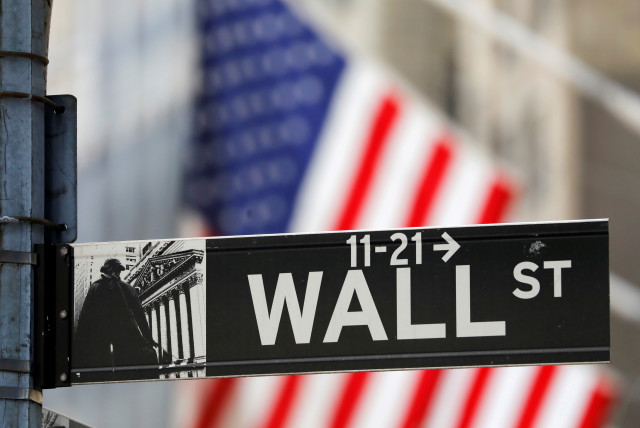How did Meta's stock nearly double in value since the start of 2023?

Remember Meta, the tech firm with all the cuts and layoffs? Since the beginning of the year, it nearly doubled its value. What's happening to Big Tech on Wall Street?
The buzz around artificial intelligence (AI) has given rise to a lively international public discourse and reminded us all that the future of humanity is in the hand of technology and tech developers. It also brought back a little spring spirit into the sails of tech firms traded on Wall Street.
The five US tech giants traded on the Nasdaq stock exchange, for example, rose by about 40% on average from the start of 2023.
This jump was led by Meta, whose stock jumped by 93.92% in this period, leading to its value nearly doubling to around $590 billion.
The tech giants benefitted from the spring wind of investment, with varied degrees of success. For example the Nasdaq and S&P 500 indices rose in the same period by 16.36% and 7.28%, respectively.
But does the spring wind blowing in the sails of Big Tech stocks since the start of the year foreshadow the migration of investors back to the stock exchanges? And what do these rises indicate about the threat forecast concerning a possible global recession?

Rumors of a recession were premature
Sergey Vastchenok, senior analyst at the Oppenheimer Investment House, explained to Walla that "In recent months, there has been moderation in the rate of inflation, which reached its peak about a year ago.
"Although the rate of inflation is still relatively high historically, it has been in the process of decreasing since then. This is one of the parameters that contributed to the growth of companies in general, and specifically to tech giants, because it returns investors' gazes to the future.
"Remember, we were discussing a recession last September. Already by the end of 2022 and the start of 2023, it seemed that a recession wasn't likely. In practice, an economic slowdown can still be felt in some parts of the world, but there isn't a global recession.
"All of this contributed to the growth of different companies, especially the financial boobs of large tech firms, which continue to see growth in the form of increased revenues.
"Companies were able to overcome various problems that began to crop up with how they functioned during COVID. They carried out layoffs, halted recruitment, stopped giving out raises. This all helped companies make profits.
"In addition, the money that migrated towards the finance and energy sectors, due to inflation and interest rates, returned to companies after various problems arose in the former, such as the decline in bank stocks - which is still reverberating - and long lines to try and connect to the US power grid."
So why did tech stocks rise?
"Tech stocks are now being seen as a more worthwhile alternative than the yields available in bonds, especially in light of the sharp declines these stocks experienced after the COVID bubble.
"The question is why exactly the tech giants receive the majority if investors' attention. This is first and foremost technical, since the five largest companies traded on the Nasdaq make up about half of the Nasdaq 100 index (Microsoft, Apple, Google, Amazon and Nvidia). Most of the money comes in through ETFs, which is actually an investment in the index - meaning in all the stocks in the sector. And naturally, half of the money finds itself in those five stocks.
"The recovery of Meta's stock arguably exemplifies this the most. The company was projected to experience catastrophe due to the various projects of its owner and its stock plummeted, which led it to trade at a low at the beginning of 2023 with a share price of about $100.
"It makes no sense that a giant of its kind, a platform with about 2 billion people worldwide, would trade at a similar value to a small Israeli ad-tech firm. However, the market is a game of expectations, and if investors expect the company to do well, the sock goes up, and vice versa.
"At the top of the big tech lead remains Apple, mainly thanks to the strong demand for iPhones. And the increase in its stocks is attributed to the firm's announcement of its intention to enter new markets, along with a relatively strong performance in relation to the sale of ancillary services.
"But of all the big tech firms, we at Oppenheimer Investment House prefer Microsoft. This is because it focuses more on organizations, which have deeper pockets than consumers. They also entered the AI field with ChatGPT, which is part of the future of technology.
"Looking ahead, it doesn't seem like there won't be tech investments, since it promotes reducing organizational expenses and could cause companies to lose out on competitive advantages from those who don't adopt them.
"But remember, Big Tech also has an Achilles' heel in the form of regulatory spotlights, which have begun to shine on these companies due to their size and innovative yet intrusive activities. The most notable example is, again, Meta, but all companies are under the regulators' scrutiny."

